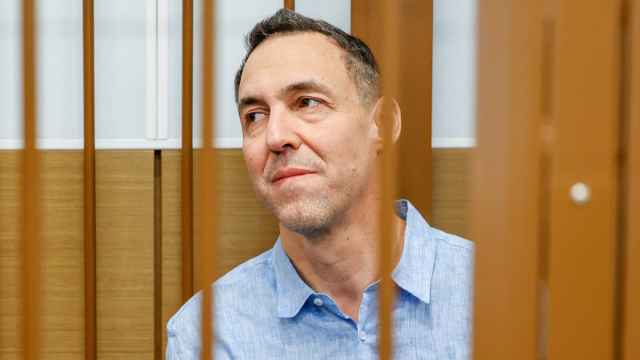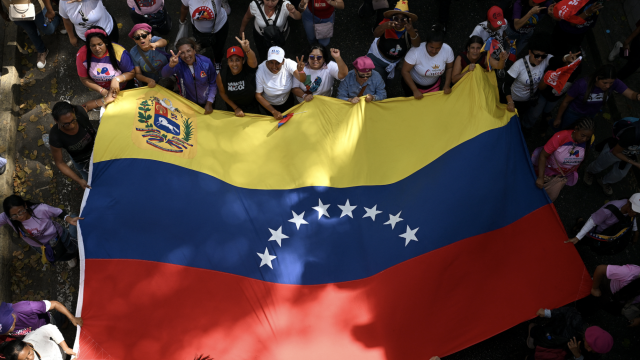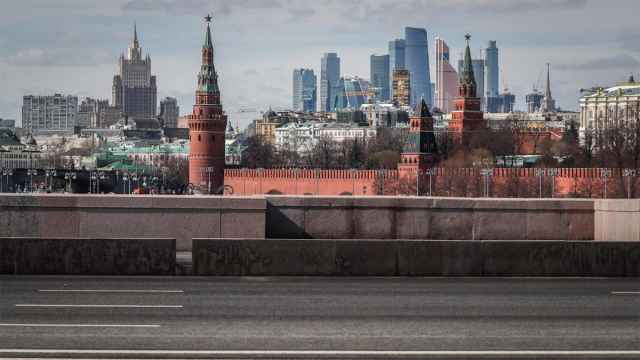A monument to Cheka founder Felix Dzerzhinsky was erected in front of the FSB's headquarters on Lubyanka Square on Thursday as part of Communist activists' initiative to mark the 137th anniversary of the birth of "Iron Felix."
"Today, when war is at the borders of our state, it is not a bad thing to remember [Dzerzhinsky]," Communist Duma Deputy Vladimir Rodin said, according to Moskovsky Komsomolets.
Dzerzhinsky is known for having established the Soviet security forces, originally known as the Cheka, which were notorious for carrying out mass executions during the Russian Civil War and the Red Terror.
In 1958, some 32 years after Dzerzhinsky's death, a 15-ton sculpture of him was erected in front of KGB headquarters, on present-day Lubyanka Square.
The original monument was toppled by protesters in August 1991 following a failed coup by hard-line members of the Communist Party against reform-oriented Soviet leader Mikhail Gorbachev. The statue has not been rehabilitated since, despite sporadic appeals by some lawmakers.
A handful of Communist Party members and activists encircled Lubyanka square Thursday, waving their party's emblematic red flags. Others brandished signs that read, "Let's bring back the Knight of the Revolution," the nearly life-sized plaster statue looming behind them.
The Communist Party has not specified how long they hope to keep the statue in place. The Soviet-era monument to Dzerzhinksky can still be seen at Moscow's Fallen Monument Park.
A Message from The Moscow Times:
Dear readers,
We are facing unprecedented challenges. Russia's Prosecutor General's Office has designated The Moscow Times as an "undesirable" organization, criminalizing our work and putting our staff at risk of prosecution. This follows our earlier unjust labeling as a "foreign agent."
These actions are direct attempts to silence independent journalism in Russia. The authorities claim our work "discredits the decisions of the Russian leadership." We see things differently: we strive to provide accurate, unbiased reporting on Russia.
We, the journalists of The Moscow Times, refuse to be silenced. But to continue our work, we need your help.
Your support, no matter how small, makes a world of difference. If you can, please support us monthly starting from just $2. It's quick to set up, and every contribution makes a significant impact.
By supporting The Moscow Times, you're defending open, independent journalism in the face of repression. Thank you for standing with us.
Remind me later.





